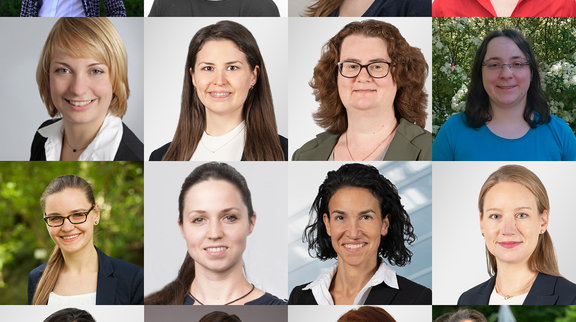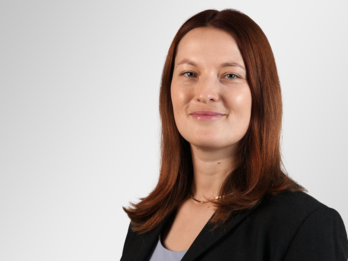News

Lecture by ATHENE automotive security experts at Embedded World 2021
Together with Don Kuzhiyelil, Project Engineer R & T at SYSGO, Prof. Christoph Krauß from Fraunhofer SIT will give an overview of a safety architecture to protect the safety-critical railway infrastructure in a lecture at the Embedded World.
read more
ATHENE double victory at the 8th German IT Security Award
At the 8th German IT Security Award, ATHENE scientiests achieved the top two placements. The first place, that was endowed with 100.000 EURO, went to Dr. Haya Shulman from the Fraunhofer SIT for the cache test she developed, a solution to improve internet security. The second place, that was endowed with EUR 60.000 EURO, went to ContactGuard, and thus to the team of ATHENE scientists Prof. Thomas Schneider and Christian Weinert from the Technical University of Darmstadt, Matthias Senker from APIIDA AG, as well as Prof. Christian Rechberger and Daniel Kales and from the Technical University of Graz.
read more

Female power in cybersecurity research
On today's International Day of Women and Girls in Science, the ATHENE scientists also show their faces.
From #Data protection to #AI, # Post-Quantum, #Internet security, #mobileSecurity .... our scientists cover a wide range of cybersecurity research.
read more
Alumnus wins CAST/ GI IT security PhD award
Dr.-Ing. Daniel Demmler, former doctoral and post-doc of the ENCRYPTO working group at the TU Darmstadt, led by ATHENE scientist Pro. Thomas Schneider, was awarded for his PhD Thesis „Towards Practical Privacy-Preserving Protocols“ with the CAST/ GI PhD award IT security 2020/21.
The award is considered the most important national award for doctorates in the field of IT sceurity. At a virtual event that was part of the 17th German IT Security Congress, Daniel Demmler prevailed against 3 other finalists in the public vote.
read more
Put an end to cyber crime
The startup Trufflepig Forensics is developing innovative technology for companies and law enforcement agencies to react quickly to cyber attacks on the Internet and to collect important evidence on the conviction of cyber criminals. The StartUpSecure funding program of the Federal Ministry of Education and Research (BMBF) supports the analysis platform to support IT forensics with a total volume of around 0.77 million euros.
read more
Study by ATHENE Scientist published in A* rated journal
How do different types of so-called nudges, small "nudges" that try to move us to a decision in a more or less subtle way, influence our cybersecurity decisions?
This was investigated by the ATHENE Scientist Verena Zimmermann from TU Darmstadt and Prof. Karen Renaud from the University of Strathclyde in Scotland.
Their observations and results are summarized in the article “The Nudge Puzzle: Matching Nudge Interventions to Cybersecurity Decisions”, which was recently published in the A * -rated journal ACM Transactions on Computer-Human Interaction.
read more
